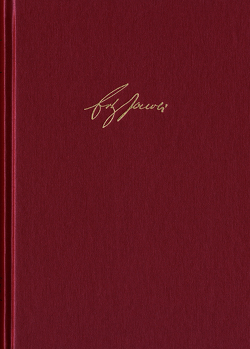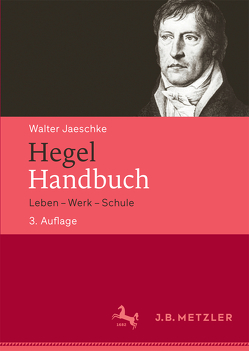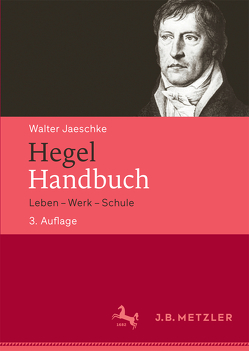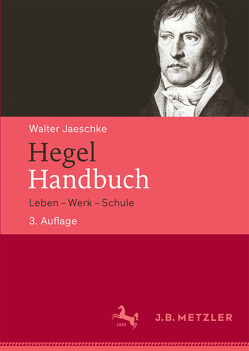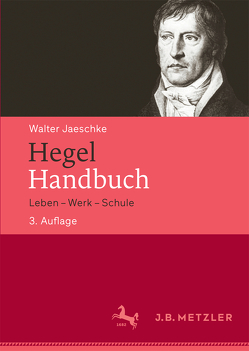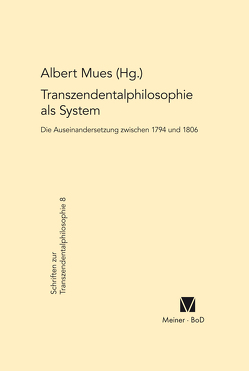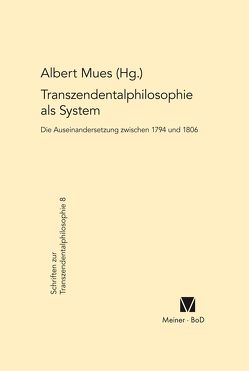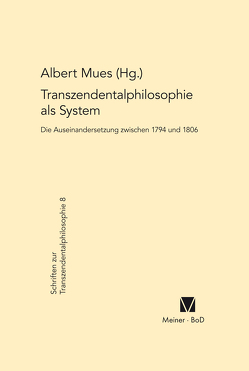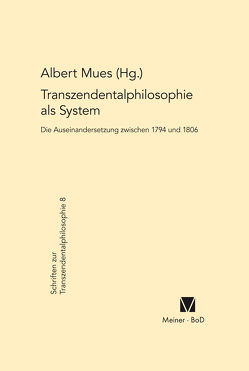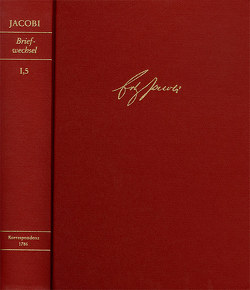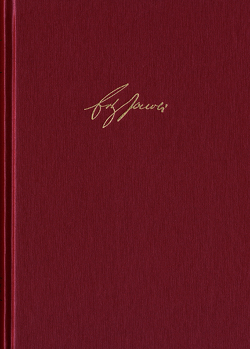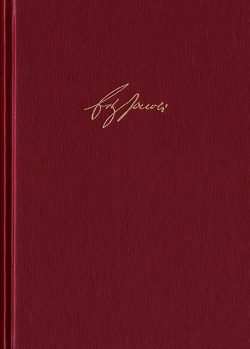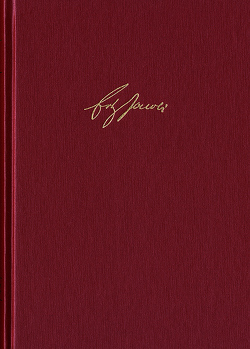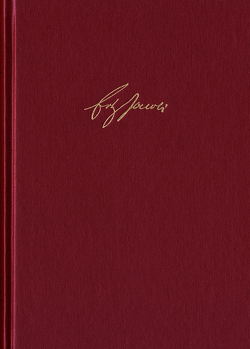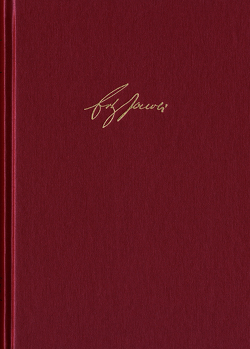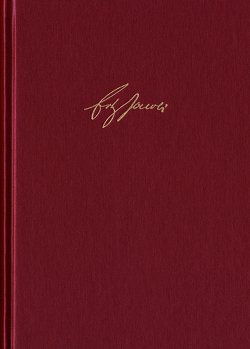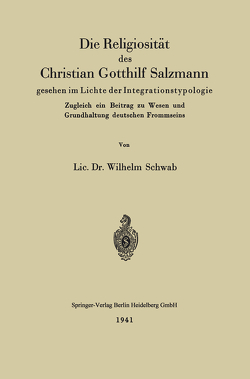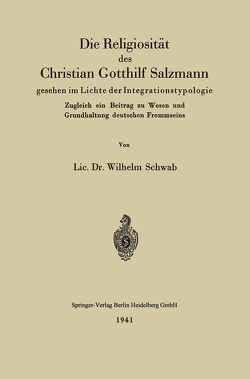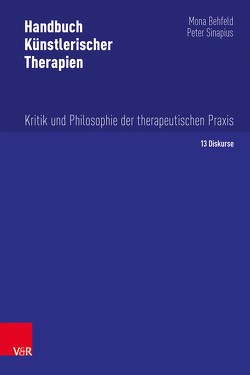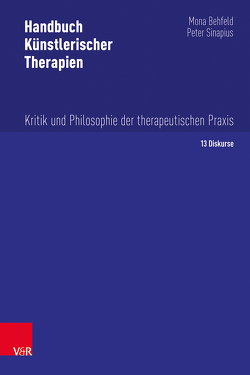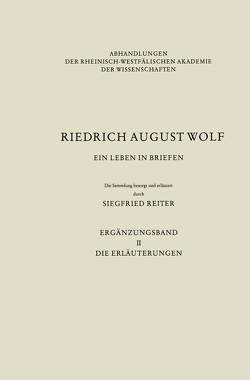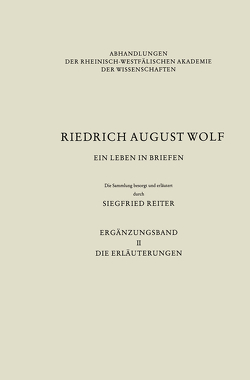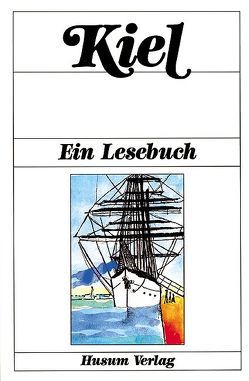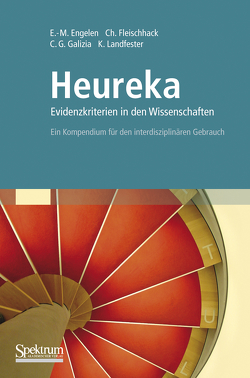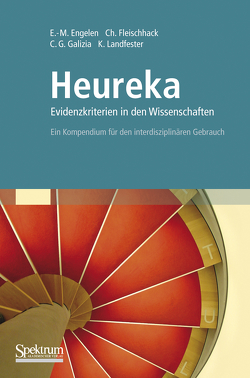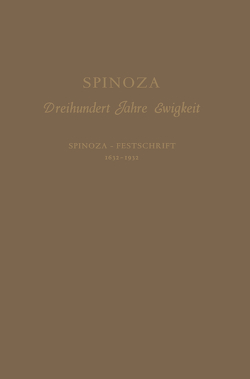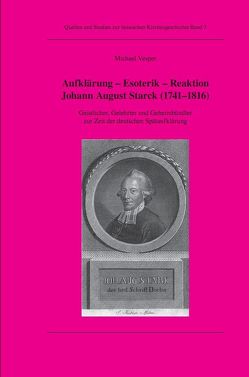Friedrich Heinrich Jacobi: Briefwechsel – Nachlaß – Dokumente / Briefwechsel. Reihe I: Text. Band 7
Briefwechsel November 1787 bis Juni 1788. Nr. 1903-2151. Gesamtausgabe der Bayerischen Akademie der Wissenschaften
Michael Brüggen, Friedrich Heinrich Jacobi, Walter Jaeschke, Albert Mues, Gudrun Schury, Siegfried Sudhof, Jutta Torbi, Jürgen Weyenschops
Nachdem die Neuauflage seines Spinozabuches und damit eine definitive Klärung des eigenen Standpunktes erst einmal in weitere Ferne gerückt ist, wechselt Jacobi die Strategie. Entgegen dem Rat Johann Georg Hamanns greift er in die polemisch geführten Auseinandersetzungen aufseiten der ›Krypto-Jesuiten‹ Johann Kaspar Lavater und Johann August Starck ein. Hier versucht er zu zeigen, dass der Aufklärungsanspruch von ›Berlinismus‹ und ›Illuminatismus‹ leer laufen muss, solange er von einer Vernunft ausgeht, die grundlos ›absolute Autorität‹ für sich reklamiert. Der Briefwechsel, der mit Hamanns ›Flucht‹ aus Jacobis Haus Anfang November 1787 einsetzt und mit dessen Tod im Juni 1788 endet, liefert eine Vielzahl von Hinweisen auf die Debattenlage.
After the new edition of his Spinoza book clarifying his own standpoint no longer had priority, Jacobi changed his strategy. Contrary to the advice of Johann Georg Hamanns, he intervened in the polemic disputes, taking the side of the crypto Jesuits, Johann Kaspar Lavater and Johann August Starck. It was here that he tried to show that the claim to enlightenment made by »Berlinism« and »Illuminatism« had to come to nothing as long as it was based on a reason which claimed absolute authority without having grounds for doing so. The correspondence which began with Hamann’s flight from Jacobi’s house at the beginning of November 1787 and ended with his death in June of 1788 provides a multitude of references to the status of the debate.








